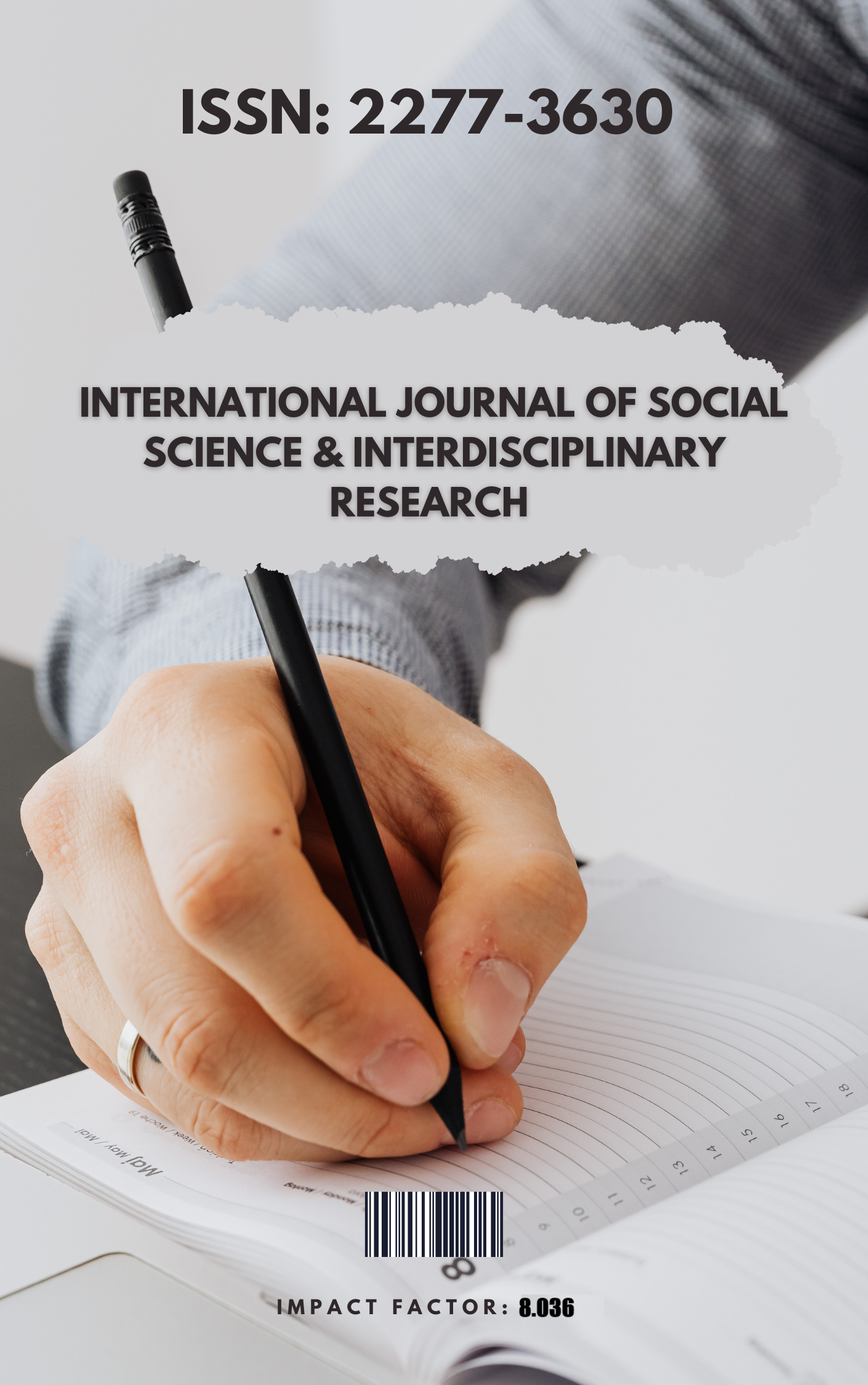THE ROLE OF ACCOUNTING POLICY IN ENSURING THE RELIABILITY OF FINANCIAL STATEMENTS
Keywords:
Accounting policy; Financial reporting; Reliability; IFRS; Transparency; Decision-making; Audit; Policy disclosureAbstract
Accounting policies play a critical role in determining the quality and reliability of financial statements. This paper explores how well-defined and consistently applied accounting policies contribute to transparent and accurate financial reporting. The study draws on international accounting standards, particularly IFRS, and national regulatory frameworks to examine the influence of accounting policies on stakeholders’ confidence. Methodologically, this research involves qualitative analysis of selected financial statements and policy documents from various organizations. The results highlight that clear and stable accounting policies significantly reduce reporting ambiguity and enhance decision-making by investors and regulators.
References
Barth, M. E., Landsman, W. R., & Lang, M. H. (2008). International Accounting Standards and Accounting Quality. Journal of Accounting Research, 46(3), 467–498. https://doi.org/10.1111/j.1475-679X.2008.00287.x
Schipper, K. (2003). Principles-Based Accounting Standards. Accounting Horizons, 17(1), 61–72. https://doi.org/10.2308/acch.2003.17.1.61
Healy, P. M., & Wahlen, J. M. (1999). A Review of the Earnings Management Literature and Its Implications for Standard Setting. Accounting Horizons, 13(4), 365–383. https://doi.org/10.2308/acch.1999.13.4.365
Ball, R. (2006). International Financial Reporting Standards (IFRS): Pros and cons for investors. Accounting and Business Research, 36(sup1), 5–27. https://doi.org/10.1080/00014788.2006.9730040
Beattie, V., McInnes, B., & Fearnley, S. (2004). A methodology for analysing and evaluating narratives in annual reports: A comprehensive descriptive profile and metrics for disclosure quality attributes. Accounting Forum, 28(3), 205–236. https://doi.org/10.1016/j.accfor.2004.07.001
Bushman, R. M., & Smith, A. J. (2001). Financial accounting information and corporate governance. Journal of Accounting and Economics, 32(1–3), 237–333. https://doi.org/10.1016/S0165-4101(01)00027-1
Albu, C. N., Albu, N., Bunea, S., Calu, D. A., & Girbina, M. M. (2011). A story about IAS/IFRS implementation in Romania. An institutional and structuration theory perspective. Journal of Accounting in Emerging Economies, 1(1), 76–100. https://doi.org/10.1108/20421161111107868
Kahharov, Z. (2020). FEATURES OF RECORDING PURCHASING OPERATIONS OF ELECTRICITY IN REGIONAL ELECTRICAL POWER NETWORKS ENTERPRISES. International Finance and Accounting, 2020(6), 20.
Kakhkharov, Z. (2022). METHODS OF COST CLASSIFICATION IN ELECTRICITY SUPPLY SUBJECTS (ON THE EXAMPLE OF JSC" NATIONAL ELECTRIC NETWORKS OF UZBEKISTAN"). International Finance and Accounting, 2022(1), 12.
Kahharov, Z., & Husanov, I. (2020). THE SYSTEM OF FINANCIAL CONTROL OF THE MUNICIPAL GOVERNMENT IN THE DEVELOPED EUROPEAN COUNTRIES. International Finance and Accounting, 2020(2), 9.
Downloads
Published
How to Cite
Issue
Section
License
Copyright (c) 2025 GEJournals

This work is licensed under a Creative Commons Attribution-NonCommercial-NoDerivatives 4.0 International License.





